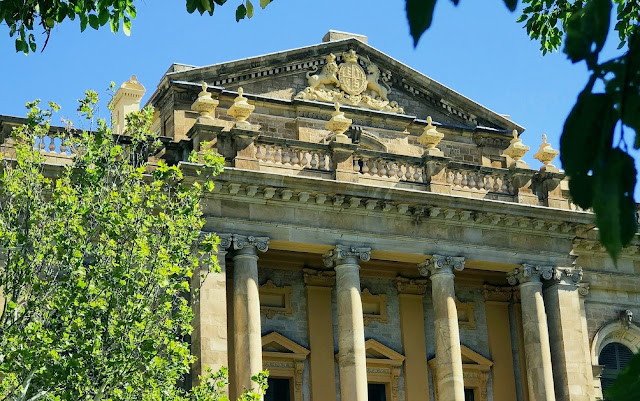
 Sophisticated,
cultured, neat-casual − this is the self-image Adelaide projects, a
nod to the days of free colonisation without the 'penal colony' taint.
Adelaidians may remind you of their convict-free status, but the
stuffy, affluent origins of the 'City of Churches' did more to inhibit
development than promote it. Bogged down in the old-school doldrums and
painfully short on charisma, this was a pious, introspective place.
Sophisticated,
cultured, neat-casual − this is the self-image Adelaide projects, a
nod to the days of free colonisation without the 'penal colony' taint.
Adelaidians may remind you of their convict-free status, but the
stuffy, affluent origins of the 'City of Churches' did more to inhibit
development than promote it. Bogged down in the old-school doldrums and
painfully short on charisma, this was a pious, introspective place.
But
these days things are different. Multicultural flavours infuse
Adelaide's restaurants; there's a pumping arts and live-music scene;
and the city's festival calendar has vanquished dull Saturday nights.
There are still plenty of church spires here, but they're hopelessly
outnumbered by pubs and a growing number of hip bars tucked away in
lanes.
Colonel William Light,
Adelaide’s controversial founder wrote: ‘The reasons that led me to fix
Adelaide where it is I do not expect to be generally understood or
calmly judged of at present. My enemies, however, by disputing their
validity in every particular, have done me the good service of fixing
the whole of the responsibility upon me. I am perfectly willing to bear
it; and I leave it to posterity, and not to them, to decide whether I
am entitled to praise or to blame.’
Colonel Light should
be commended for his brilliant choice. The wide sweeping streets, city
squares and lush green boundaries make Adelaide an enchanting city to
explore. And if you think that’s all there is to it, think again. You
only need scratch the surface of the quiet achiever of Australian
cities to tap into its hedonistic vein. This epicurean playground
boasts world-renown major events, spanning the cultured and cerebral,
artistic and gastronomic, petrol-burning and sports crazed. The
pleasure-seeking spirit flows from varied cuisines and magnificent
wines through to the healthy live music and bar scene and numerous
galas that celebrate a thriving arts community. During the innovative
Adelaide Fringe Festival, the artistic flair of this historically
progressive, yet still conservative, city truly emerges. The traditional owners of the Adelaide area are the Kaurna people, whose territory extends south towards Cape Jervis and north towards Port Wakefield. Early European colonists (free settlers) began to arrive in 1836, creating a lush, European-style capital, while successive waves of settlers have added to the cosmopolitan mix.
Adelaide is just a cycle away from native bushland hiking in the Mt Lofty Ranges. The city makes an excellent base for trips into the nearby wine regions, surf lessons on the Fleurieu Peninsula and hikes through the wildlife lair of Kangaroo Island.

Show in Lonely Planet
















Комментариев нет:
Отправить комментарий